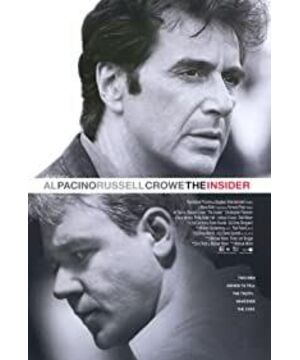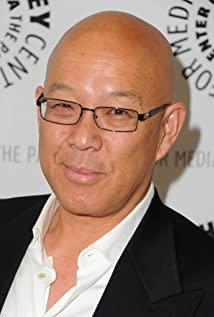some outsiders, the matter has been suspended high, never enter the bureau, occasionally swear at some bureaus, but it is irrelevant; some outsiders, From the beginning to the end, they pay attention to and supervise the bureau, challenge the unspoken rules to expose the insider, but also see the truth from the fog; of
course, in more cases, the insiders and the outsiders cross each other and influence each other. Attack, and the flood will be overwhelming...
Insider or Outsider, choose your own.
After watching the movie, I realized a few points:
1. When the wife found out that her husband was unemployed, she started crying and complaining about the welfare insurance, the house, the car, and the car. It did not comfort her husband's loneliness at all. Should such a wife continue to live in Together, let's just get on with it...
2. Not to mention that there is no freedom of speech or press, the system is important or the people who make the system are more important. Whether there are policies above and countermeasures, what do you do...
3. In this society, since there are fewer and fewer people like you, and there are fewer and fewer people like me, we should keep our promises and cherish each other. More and more people like us...
View more about The Insider reviews











